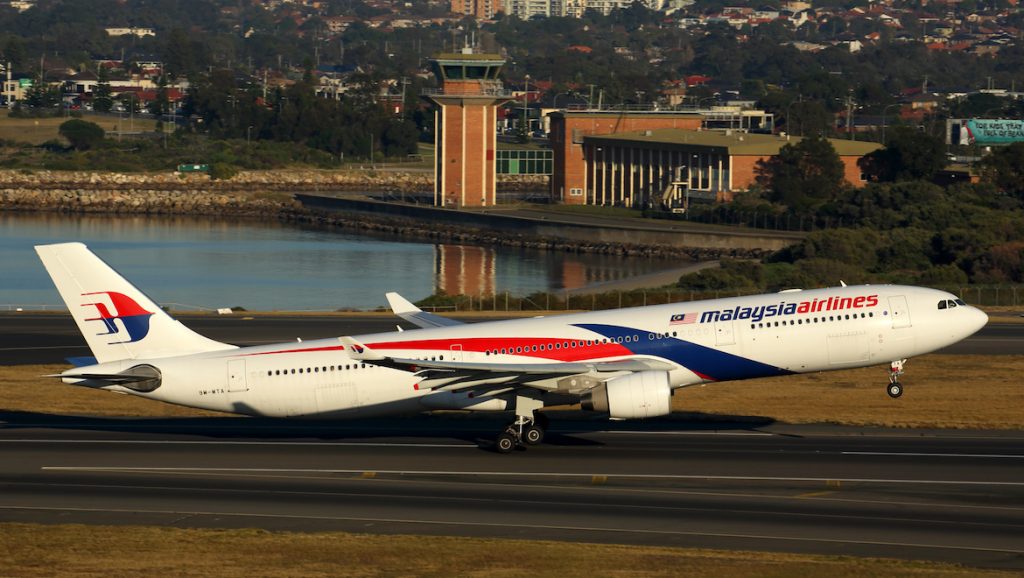
Malaysia Aviation Group, parent company to the embattled flag carrier Malaysia Airlines, has received formal approval from the UK court to move ahead with its restructuring plan.
MAG said the approved restructuring plan includes a deal between its leasing unit and most of its aircraft lessors, as well as a capital injection of $891 million from state-owned sole stakeholder Khazanah Nasional.
The deal will reduce the national carrier’s liabilities of over $3.7 billion, and fund the business through the restructuring period until 2025.
According to MAG, the plan received “unanimous support” from key lessors who had already been working to keep the airline running through payment deferrals.
The scheme will be completed by next month.
MAG noted that it had taken extensive steps to ease its cash burn throughout the COVID crisis, including making changes to its network and internal structure.
So far, the company has cut $1.4 billion in costs throughout 2020, and has set a target of an additional $98 million in the first quarter this year.
MAG group chief executive Izham Ismail said that the group is intending to diversify its businesses in order to return to profitability, including becoming a global travel group.
“This signifies a paradigm shift in the way we prioritise the different business segments and subsidiaries in the group’s portfolio,” Izham said.
“We seek to expand MAG’s involvement into other travel-related products and services beyond flights, which will go a long way in helping our customers complete their end-to-end travel experience.”
In October last year, Izham said the company was still working to get some creditors on board with its proposed restructuring plan.
At the time, the chief executive threatened that the airline would have “no choice” but to shut down entirely if its lessors decided not to support its scheme.
Should lessors not agree to the restructuring plan, Izham said the company is not afraid to execute “Plan B”, which would involve shifting Malaysia Airlines’ air operators certificate (AOC) over to a new airline under a different name, or using the certificates of sister airlines Firefly and MASwings.
He said at the time that the proposed five-year restructure would see the company break even in 2023, assuming that demand in the domestic and south-east Asian travel markets hit 2019 levels by the second or third quarter of 2022.
Malysia Airlines has struggled to recover from two unfortunate tragedies in 2014, firstly the mysterious disappearance of flight MH370 and then the shooting down of flight MH17 over eastern Ukraine.
The airline’s struggle has only been compounded by the ongoing COVID-19 crisis, which has decimated international travel demand to an unprecedented scale.




